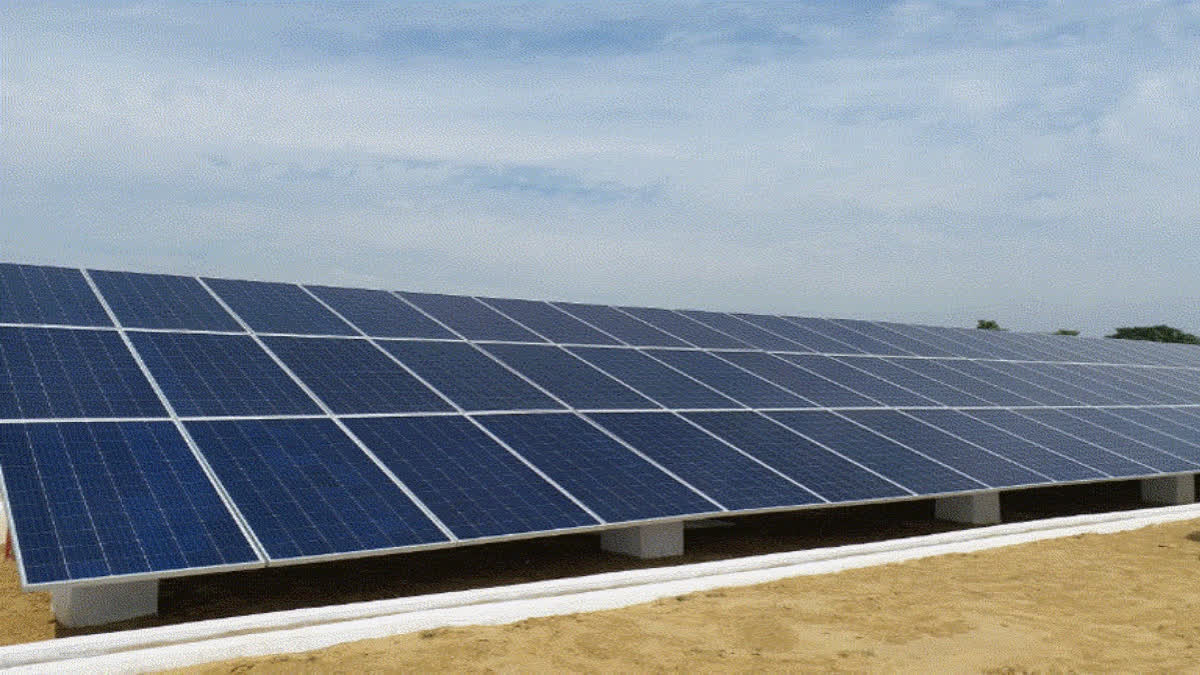New Delhi: Solar capacity addition in the country declined 58 percent to 1.7 gigawatt in the April-June period, mainly due to land and transmission-related issues, Mercom India said on Monday. The country added 4 GW of solar capacity in the year-ago quarter, the research firm said in 'Q2 2023 India Solar Market Update'.
Large-scale solar projects accounted for 77 percent of the capacity added during the quarter, and rooftop solar installations contributed 23 percent. Over 1.3 GW of large-scale solar capacity was added in the quarter, down 64 percent y-o-y, and 7 percent q-o-q. During January-June, new installations were at 3.6 GW, down 53 percent from 7.6 GW during the same period last year. India's cumulative installed solar capacity surpassed the 66 GW mark in June.
"Delays, extensions, and postponements have led to a substantial number of solar projects being deferred to next year, making 2023 a year of setbacks for solar in India," Raj Prabhu, Chief Executive Officer of Mercom Capital Group, said."Consequently, 2024 looks extremely robust. Rapidly declining solar component and project costs will be a catalyst for additional growth," he said.
"Following a weak first quarter, capacity additions slowed further in the second. Extensions granted to several large-scale solar projects and those facing delays due to land and transmission issues affected installations in the January-June period", he said.
During the quarter under review, Gujarat led with 41 percent of large-scale solar installations. Rajasthan and Karnataka were next, with 20 percent and 14 percent of quarterly capacity additions, respectively. During January-June, India added 8.4 GW of new power capacity, with solar accounting for over 43 percent. (PTI)
Also read: Regional rapid transit system depot in Ghaziabad gets its own solar power plant



